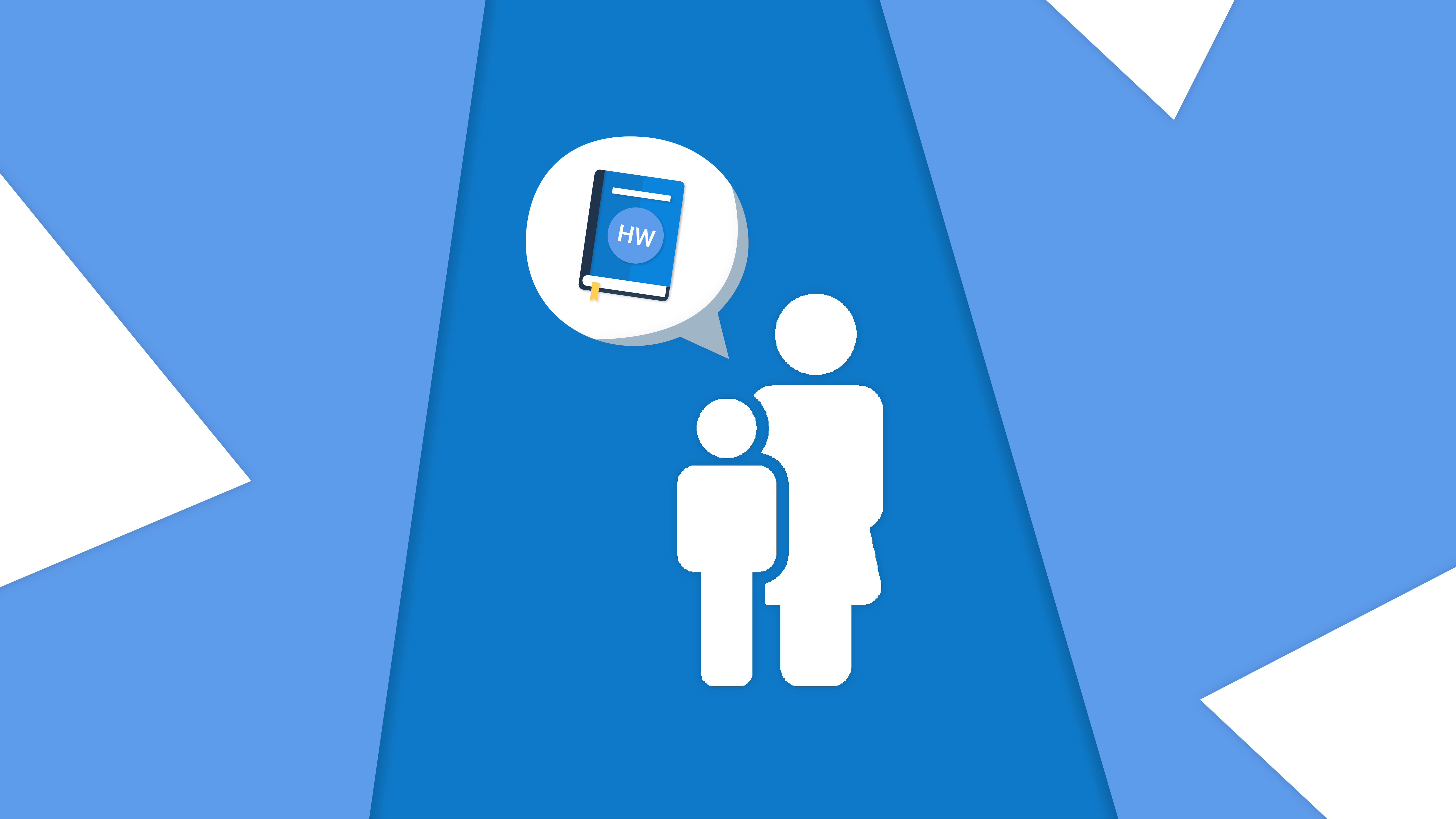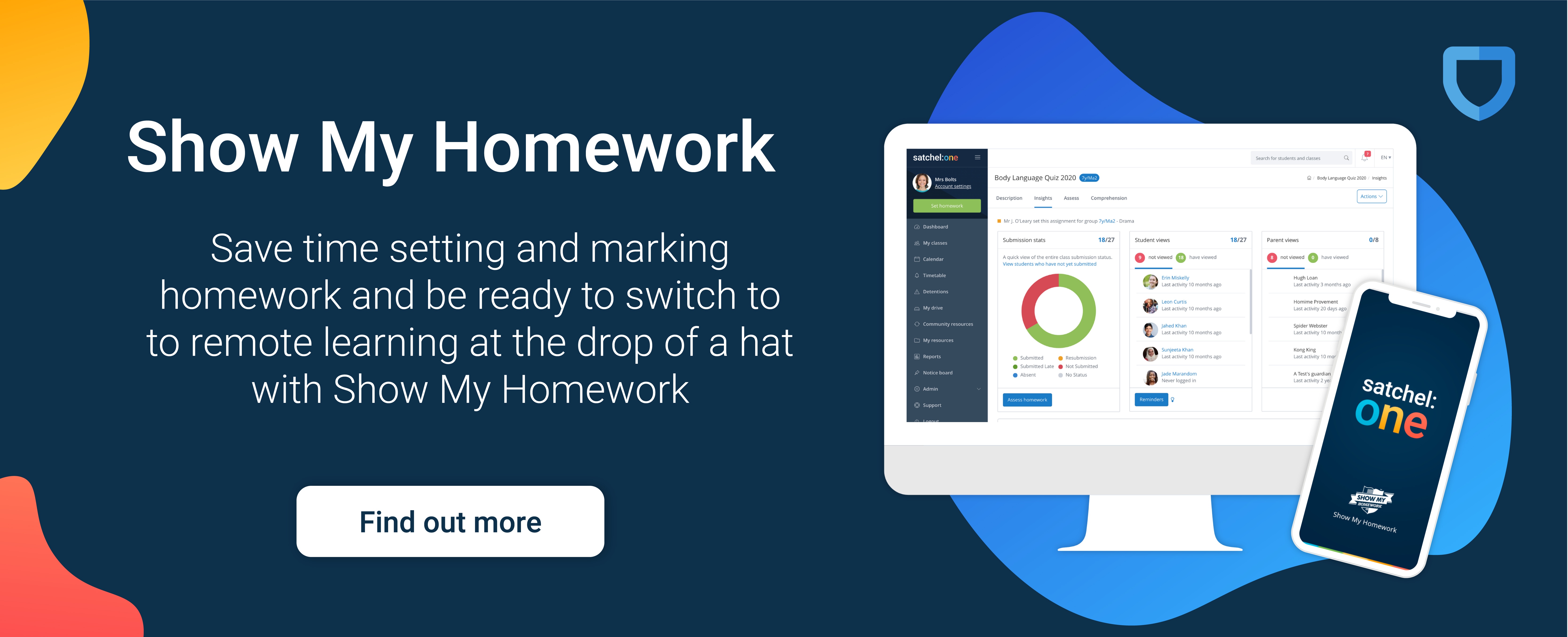Author: Naimish Gohil
Posted: 19 Mar 2013
Estimated time to read: 4 mins
A couple of days ago, I was on the train heading home when I overheard a mother talking to her son... It was an endearing conversation. It took me back to my childhood and memories of the same kind of conversations I use to have with my mum.
In 1993 - 1998, mobile phones were scarce, so the conversations with my mum tended to happen around the kitchen table eating tea and biscuits followed by an episode of The Three Musketeers. I’m guessing times have changed today and it is more like Call of Duty online with friends, organised via Facebook.
The mother was asking her son if he had hung his uniform up, cleaned his football boots, put his PE kit in the wash, "did you eat your sandwiches?" etc. It seemed like this was a routine conversation the mother would have with her son everyday.
Ofsted inspectors often talk about setting routines and providing consistent experiences and messages. This is something that is evident in schools with ‘outstanding’ outcomes and has a positive impact on students.
"Have you done your homework?"
When the subject of homework came into the conversation, the mother asked a number of questions starting with "Have you done your homework?" This was followed by "Are you sure?" Then, "What was your homework on?" And finally "I’ll be checking when I get home!"
Unfortunately I don’t have supersonic hearing, despite what my ear size might suggest, so I couldn’t quite make out what the son had said. I'll have to make do with assumptions based on the questions and the mother's responses.

There were a few things running through my mind at this point. I wished the mother had access to our homework calendar on her iPhone. Before she called her son, she would have known what homework he had, when it was due and how long it was going to take for him to complete it.
She would have seen which resources and books he may have needed such as video clips from YouTube or Khan Academy, resources from Wikipedia or BBC News etc. Instead of an inquirey, she would have been telling him what he needed to do.
Knowledge is power and if the mother was armed with this information prior to calling her son, she would have felt much more in control and aware of what is going on with her son’s homework. I believe the conversation could have been vastly different. Context makes all the difference. Imagine what the mother might have said to her son:
A different conversation
“Have you started your ICT homework? It will only take you half-an-hour to complete. I noticed Mr Gohil has given you a tight deadline this week. Make sure you get this done first. There's a video about iPad presentations, let’s watch it together when I get home.”
The son, pausing for a second, thinks, "Mum knows it all, I'd better get on with it!"
The dynamics of homework subtly change. I’m not sure how honest I was on the subject of homework with my parents but I do remember I wasn’t short of excuses…
I believe that changing homework can also improve the relationship between parents and their children. It doesn’t take a rocket scientist to figure out that many parents find it hard to help their children with homework but at least this can act as a catalyst for conversation, just a change as simple as parents knowing what homework their child has.
But this is just one aspect of homework where technology can fill the gaps. There are many other facets involved and more opportunities to make life easier for students, teachers and parents.
This brings me onto something else that hasn’t changed much over the last ten years: Homework support for parents with English As A Second Language (EAL). It’s hard for students with EAL to access homework they've been studying in class, and even more so for parents. If homework is not accessible for students, how can we expect their parents to support them?
Without all the context, parents aren't equipped to properly support their child's learning
Going back to when I was at school, my mum had very little understanding of speaking or reading English. If the homework I was set was translated into Hindi, my mum would have been able to ask a lot more specific questions about my education. Instead, she was limited to what she could understand, much like the mother that was asking her son questions because she didn't have access to any other information.
Without all the context, parents aren't equipped to properly support their child's learning. I believe that, had she been able to read more of my homework, my own mother would have not only supported me in my studies, but she would have learned a lot herself too.
At Satchel, making homework accessible to everyone is a huge part of our mission. By empowering parents and making learning something that families can do together, we can help to change the conversations we're having about homework for the better.


